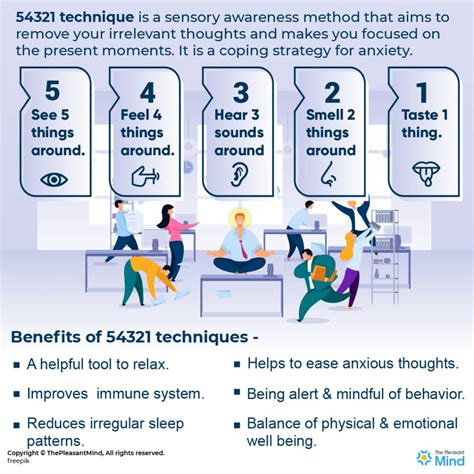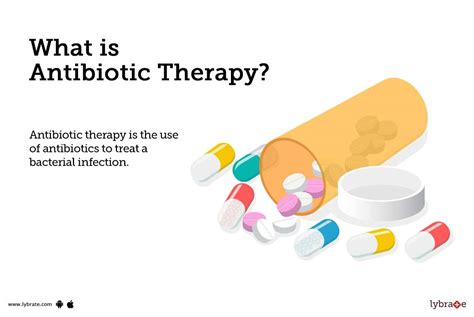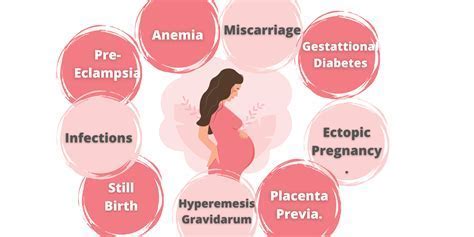Intro
Treat tonsil abscess effectively with 5 proven methods, including antibiotics, drainage, and home remedies, alleviating symptoms like throat pain, fever, and difficulty swallowing, and promoting recovery from peritonsillar abscess complications.
Tonsil abscess, also known as a peritonsillar abscess, is a serious complication of tonsillitis where an abscess forms beside the tonsils. This condition can cause severe throat pain, difficulty swallowing, and fever. If left untreated, it can lead to more severe complications, such as bleeding, airway obstruction, or the spread of infection to other parts of the body. Understanding the treatment options for tonsil abscess is crucial for effective management and prevention of potential complications.
The treatment of tonsil abscess typically involves a combination of medical and surgical interventions, aimed at draining the abscess, managing symptoms, and preventing the spread of infection. It is essential to seek medical attention if symptoms of tonsil abscess occur, as prompt treatment can significantly improve outcomes. The diagnosis is usually made based on clinical presentation and confirmed by physical examination. In some cases, imaging studies like CT scans may be used to assess the extent of the abscess.
Tonsil abscess can significantly impact an individual's quality of life, causing pain, discomfort, and difficulty with daily activities like eating and speaking. Therefore, it is vital to explore the various treatment options available to manage this condition effectively. From conservative management with antibiotics and supportive care to more invasive procedures like surgical drainage, each approach has its indications, benefits, and potential risks. By understanding these treatment modalities, individuals can make informed decisions about their care and work closely with healthcare providers to achieve the best possible outcomes.
Treatment Overview

Medical Management
Medical management of tonsil abscess involves the use of antibiotics to treat the underlying bacterial infection. Penicillin or clindamycin are commonly prescribed, depending on the suspected causative organism and the patient's allergy profile. Supportive care, including pain management with analgesics, hydration, and rest, is also crucial in helping the body recover from the infection. In some cases, corticosteroids may be used to reduce inflammation and alleviate symptoms.Antibiotic Therapy

Surgical Drainage
For larger abscesses or those that do not respond to medical management, surgical drainage may be necessary. This procedure involves making a small incision in the abscess under local anesthesia to drain the pus. Surgical drainage can provide rapid relief from symptoms and is often performed in an outpatient setting. However, it carries the risk of bleeding and potential damage to surrounding tissues.Surgical Intervention

Home Remedies
In addition to medical and surgical treatments, several home remedies can help alleviate the symptoms of tonsil abscess. These include gargling with warm salt water several times a day to reduce pain and inflammation, using a humidifier to add moisture to the air and soothe the throat, and consuming warm, comforting liquids like tea or broth to help with hydration and pain relief.Supportive Care

Prevention
Preventing tonsil abscess involves practicing good hygiene, such as frequent handwashing, especially during cold and flu seasons, avoiding close contact with individuals who have respiratory infections, and not sharing utensils or personal items. Regular dental check-ups can also help identify and treat any dental infections that could potentially spread to the tonsils.Preventive Measures

Complications and Risks
While tonsil abscess can be effectively treated, there are potential complications and risks associated with the condition and its treatment. These include the spread of infection to other parts of the body, abscess rupture leading to bleeding, and airway obstruction. It is crucial to be aware of these risks and seek immediate medical attention if symptoms worsen or if there are signs of complications.Potential Complications

Follow-Up Care
Follow-up care is essential after treating a tonsil abscess. This includes scheduled appointments with a healthcare provider to monitor for any signs of recurrent infection or complications. Adhering to the prescribed treatment plan, including completing any course of antibiotics, is also vital for ensuring that the infection is fully cleared.Recovery and Follow-Up

In summary, tonsil abscess is a serious condition that requires prompt and effective treatment to prevent complications and promote recovery. Understanding the various treatment options, from medical management to surgical intervention, and practicing preventive measures can help individuals navigate this condition and achieve the best possible outcomes.
What are the symptoms of tonsil abscess?
+The symptoms of tonsil abscess include severe throat pain, difficulty swallowing, fever, and a sensation of something being stuck in the throat. There may also be swelling and redness of the tonsils and the surrounding area.
How is tonsil abscess diagnosed?
+Tonsil abscess is typically diagnosed based on clinical presentation and physical examination. The healthcare provider will look for signs of infection and swelling around the tonsils. In some cases, imaging studies like a CT scan may be used to confirm the diagnosis and assess the size and location of the abscess.
Can tonsil abscess be prevented?
+While not all cases of tonsil abscess can be prevented, practicing good hygiene, avoiding close contact with individuals who have respiratory infections, and ensuring prompt treatment of any throat infections can reduce the risk. Regular dental check-ups and maintaining a healthy lifestyle are also beneficial.
If you or someone you know is experiencing symptoms of tonsil abscess, it is crucial to seek medical attention promptly. By understanding the treatment options and preventive measures, individuals can better manage this condition and reduce the risk of complications. Share this article with others to raise awareness about tonsil abscess and the importance of seeking medical care when symptoms occur. Your comments and questions are also welcome, and we encourage you to engage in a discussion about this topic to promote health and well-being.
